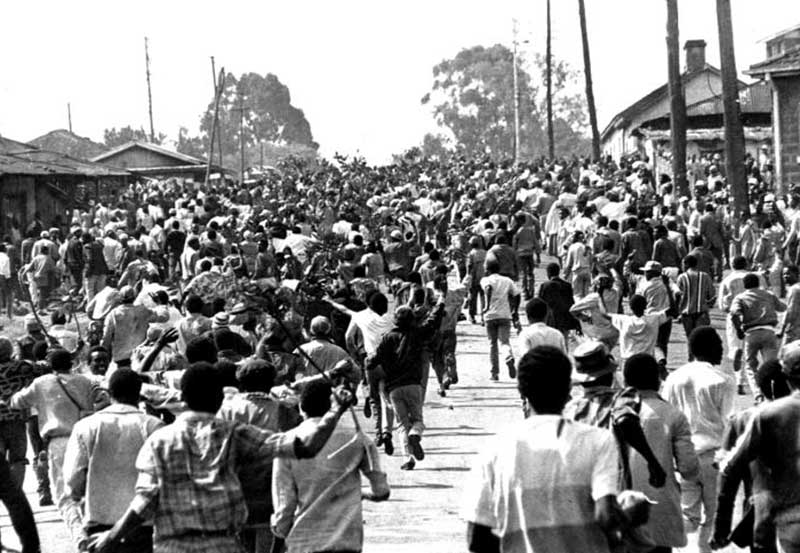×
The Standard e-Paper
Smart Minds Choose Us

There will be no funfair at the dusty, windswept Kamukunji grounds today. Neither will there be police officers armed with clubs and tear gas canisters guarding the cradle where Kenya’s road and torturous journey to shrug off the excesses of one party state started 28 years ago.
Had it not been for the public cleaning and tree planting in different parts of the city which has been organised by the Nairobi County Government, the day would have passed without any public gathering.